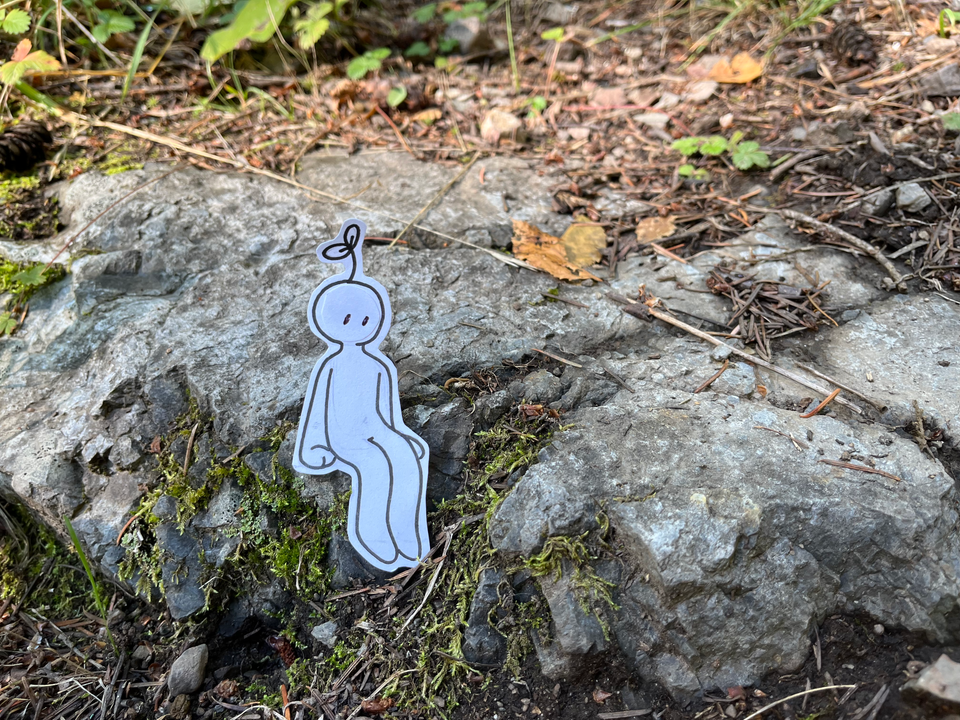Rates, Adjustments, and the Membership Cap

Why We Don’t Negotiate, Why We Don’t Overbook, and How We Keep Pricing Fair
In a normal business, pricing is a game.
In Good Hands, it’s a contract.
Not a legal one — a structural one.
Every rate, every tier, every promise… is tied to our capacity, our operators, and our time.
We don’t adjust rates because that would mean adjusting care — and we won’t.
Here’s how pricing, membership, and margin stay clean, fair, and built to last:
1. Our Rates Are Tied to Operator Time — Not Market Guesswork
$25/hour for general labour.
$50/hour for skilled work.
$100/hour for project oversight.
That’s not guesswork. That’s what it costs to deliver care from local, trusted, documented, insured people — with room for margin.
It’s what it takes to:
- Show up consistently.
- Solve problems immediately.
- Stay in business when the season shifts, fuel spikes, or something breaks.
If we discounted those rates… we’d be gambling with service.
We don’t gamble. We protect.
2. We Don’t Negotiate Because It Breaks the System
You pay the same as your neighbour.
Your neighbour pays the same as you.
No whisper deals. No one-offs. No favours.
Why?
Because when pricing is clean, trust is clean.
When pricing is stable, service is stable.
And when everyone pays fairly, no one has to wait.
You’re not buying time. You’re buying certainty.
We charge what it costs to guarantee that certainty — and nothing more.
3. The Membership Cap Exists to Protect Existing Members
We could add more members.
We get requests every week.
But we don’t scale unless capacity does first.
That means:
- A new field operator.
- A full onboarding.
- A tested addition to the team.
Only then do we consider adding members.
Why? Because every new member creates load.
And if that load dilutes the care for the first 20 — we’ve failed.
So we cap.
The cap is not a gimmick.
It’s a barrier to prevent overpromising.
It’s a shield around your service level.
And it’s one of the main reasons Good Hands hasn’t dropped a member, ghosted a call, or missed a walkthrough.
4. Adjustments Only Happen When Structure Changes
If fuel doubles, we review.
If operators shift, we rebalance.
If cost of goods, insurance, or contractor labour surges — we don’t pass it on immediately. We model. We adapt. Then we communicate clearly.
And we do it system-wide — never on the fly, never for one client, never for short-term gain.
The price is the structure.
Break the price — break the promise.
We’re here to outlast that.
5. Why This Matters to You
You don’t have to negotiate.
You don’t have to watch your invoice.
You don’t have to wonder if someone else is getting a better deal.
You don’t have to worry if the business is stretching to meet its own claims.
Because the rates are clean.
The margin is stable.
The membership is protected.
That’s how care scales — by capacity, not by noise.
And that’s how Good Hands stays what it was built to be:
Fair.
Profitable.
And accountable to you.